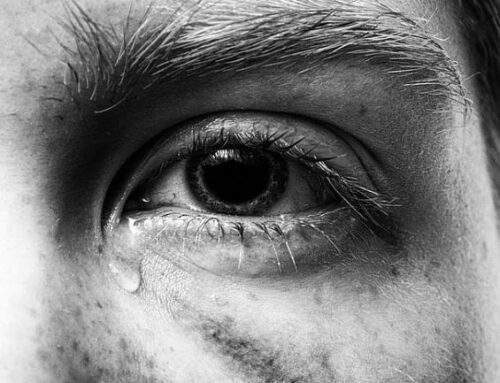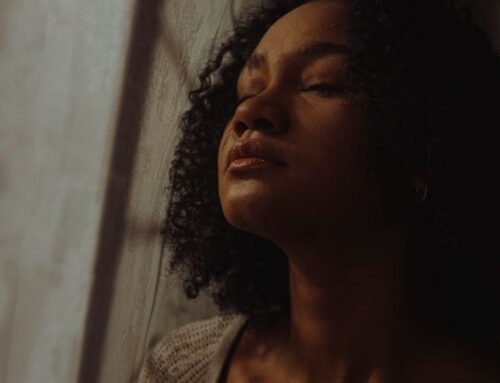 A new report outlines the abuses rampant in the American abortion industry. Unsafe: How the Public Health Crisis in America’s Abortion Clinics Endangers Women is the title of a new, 200-page study by Americans United for Life that documents numerous investigations over the past eight years in hundreds of abortion facilities in 32 states. In total, there were 754 documented violations, 34 licence revocations, and 65 “chronic offenders” listed by the report released in December.
A new report outlines the abuses rampant in the American abortion industry. Unsafe: How the Public Health Crisis in America’s Abortion Clinics Endangers Women is the title of a new, 200-page study by Americans United for Life that documents numerous investigations over the past eight years in hundreds of abortion facilities in 32 states. In total, there were 754 documented violations, 34 licence revocations, and 65 “chronic offenders” listed by the report released in December.
The authors state the evidence shows that “the practice of abortion in America has devolved into the “red light district” of medicine and is populated by dangerous, substandard providers.”
The study is a response to the Supreme Court’s decision in Whole Woman’s Health v. Hellerstedt, which struck down a Texas law requiring that abortion facilities abide by the same standards as other ambulatory surgical centres and that abortionists have hospital admitting privileges within 30 miles of their offices. According to the AUL report, the ruling means that the abortion industry has “essentially been given carte blanche to decide which medical standards it will comply with and which it will not” and that many state provisions regulating the abortion industry are in danger. The study provides information for Americans to use to fight for the enforcement of laws regulating abortion.
The AUL’s report includes accounts of 11 women whose health suffered as a consequence of the abortion industry. One example is Ayanna Bayer, who in October 2012 was allegedly forced to continue with an abortion after deciding not to go through with it. Afterwards, she had to have an emergency surgery after becoming septic because not all of the tissue was removed during her abortion.
The authors follow with an analysis of the top 10 categories of violations made by abortion facilities, along with a list of the perpetrators. These infractions included failures in guaranteeing a safe and clean environment, maintaining patient medical information, having properly trained or qualified staff, possessing and maintaining the necessary equipment, abiding by appropriate health and safety protocols, properly handling medications, and monitoring patient vital signs.
The report looked in more detail at the situation in Florida. One of the featured facilities was A Medical Office for Women located in North Miami Beach, which received citations for possessing expired and outdated medications and supplies in its crash cart, and having no resuscitative drugs. The facility also did not own a defibrillator and was repeatedly found to have rusty surgical equipment.
Other sections in the report include a discussion of the perils posed by “circuit rider” abortionists (doctors who travel from state to state to do abortions) and a case study of Florida abortionist James Pendergraft. The study ends with an endorsement of AUL’s Women’s Protection Project, a collection of model legislation regulating abortion facilities that was recently updated to respond to respond to limitations posed by the Hellerstedt decision.
AUL’s Unsafe has received coverage from a few conservative media outlets, including National Review and the Washington Times. In an column for National Review, Denise Burke, vice president of legal affairs for the AUL, said she is optimistic about the future of the pro-life cause after Hellerstedt, stating that the “decision is not a censure of legislative efforts to expose and remedy abortion’s negative maternal-health consequences; instead, it explicitly challenges state officials and caring Americans to better document the epidemic of inferior care being provided in America’s abortion clinics. Unsafe does exactly that.”





